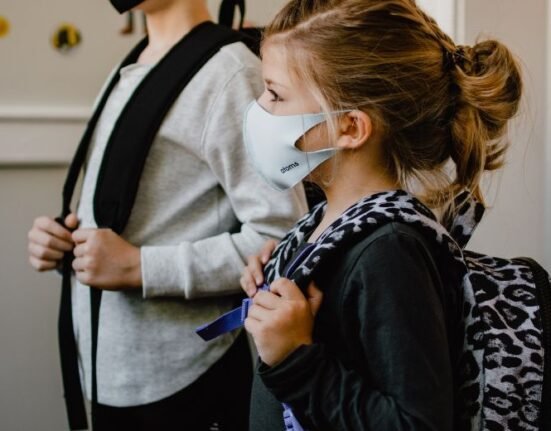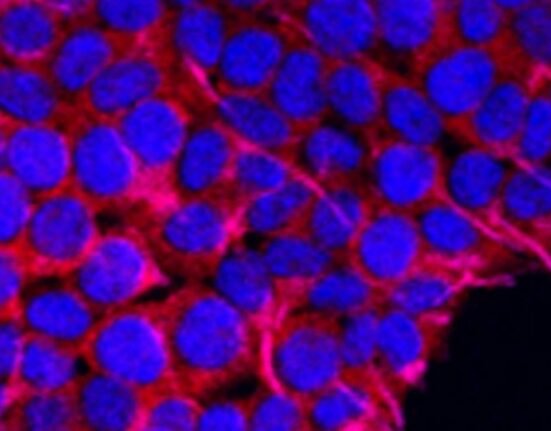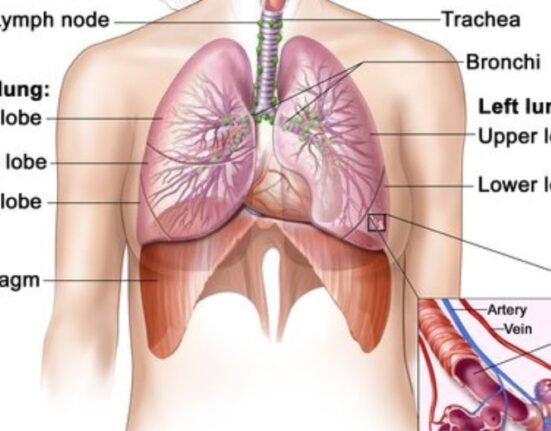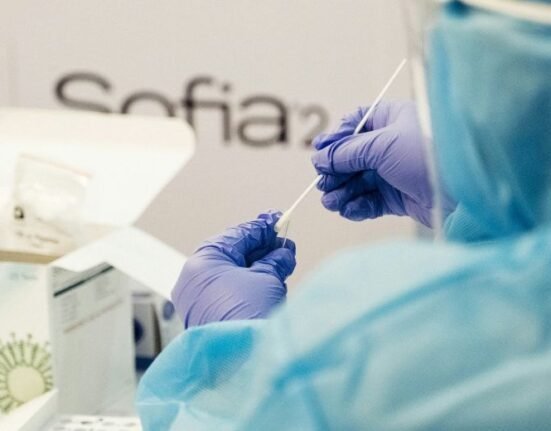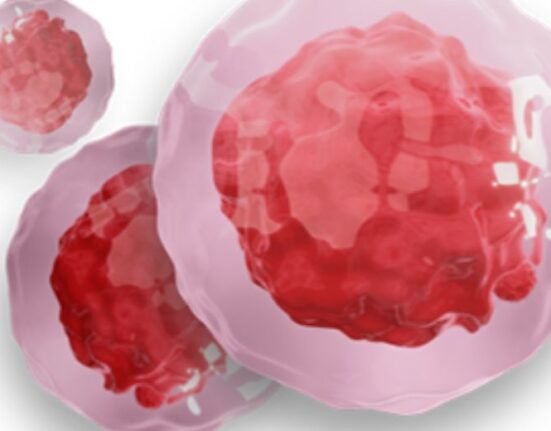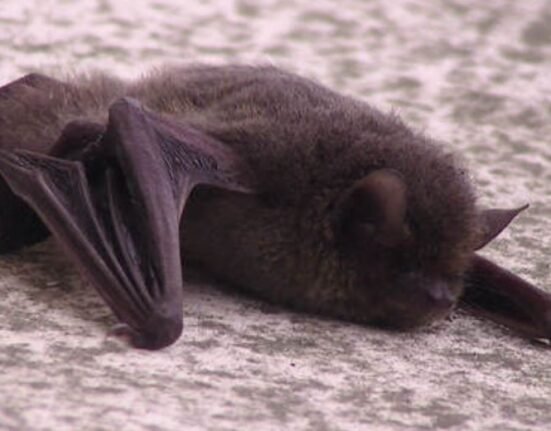HQ Team
October 17, 2022: The messenger RNA (mRNA) vaccination that helped curb the deadly spread of the Coronavirus vaccine has also been a hopeful candidate for treating cancer.
mRNA-based cancer treatment vaccines have been tested in small trials for nearly a decade, with some promising early results. Scientists at both Pfizer-BioNTech and Moderna used their long knowledge of working on this vaccine for cancer to develop the one for Covid-19.
The husband and wife co-founders of BioNTech said in a recent interview to BBC that a cancer vaccine could be widely available within the next decade.
“Yes, we feel that a cure for cancer, or to changing cancer patients’ lives, is in our grasp,” said Professor Ozlem Tureci during an interview on BBC’s “Sunday with Laura Kuenssberg.”
The cancer vaccine may be widely available within just eight years, said Professor Ugur Sahin.
“We believe that this will happen, definitely, before 2030,” he told Keunssberg.
Customized cancer vaccine
The hope is that a vaccine currently in development would train the body to recognize and attack cancers using mRNA technology.
“The goal that we have is that can we use the individualized vaccine approach to ensure that directly after surgery, patients receive a personalized, individualized vaccine, and we induce an immune response that so the T-cells in the body of the patient can screen the body for remaining tumour cells and ideally eliminate the tumour cells,” Sahin explained.
Many clinical trials are testing mRNA treatment vaccines in people with various types of cancer, including pancreatic cancer, colorectal cancer, and melanoma. Some are being combined with drugs to test the body’s immune response to tumours.
The mRNA vaccine technology got an unexpected boost in the wake of the Pandemic, said Norbert Pardi, Ph.D., of the University of Pennsylvania Perelman School of Medicine, whose research focuses on mRNA-based vaccines.
“The production of mRNA vaccines today is easy, fast, and can be scaled up as needed,” Dr. Pardi continued. The same manufacturing procedure can be applied to any mRNA sequence, he added.
Turecia told Keunssberg in the interview that they focused on developing a vaccine as their early years with cancer patients and their inability to provide relief was highly frustrating. That work was the “tailwind” for the COVID-19 shot development, which, in turn, now “gives back” to their cancer research, said Tureci.
Asked to comment on the possibility that a cancer vaccine would not work, Tureci replied,” I don’t think so,” replied Tureci. “Everything we have learned about the immune system and about what we achieve with a cancer vaccine shows, in principle, the clear activity — we can induce those killer T-cells, we can direct them.”



